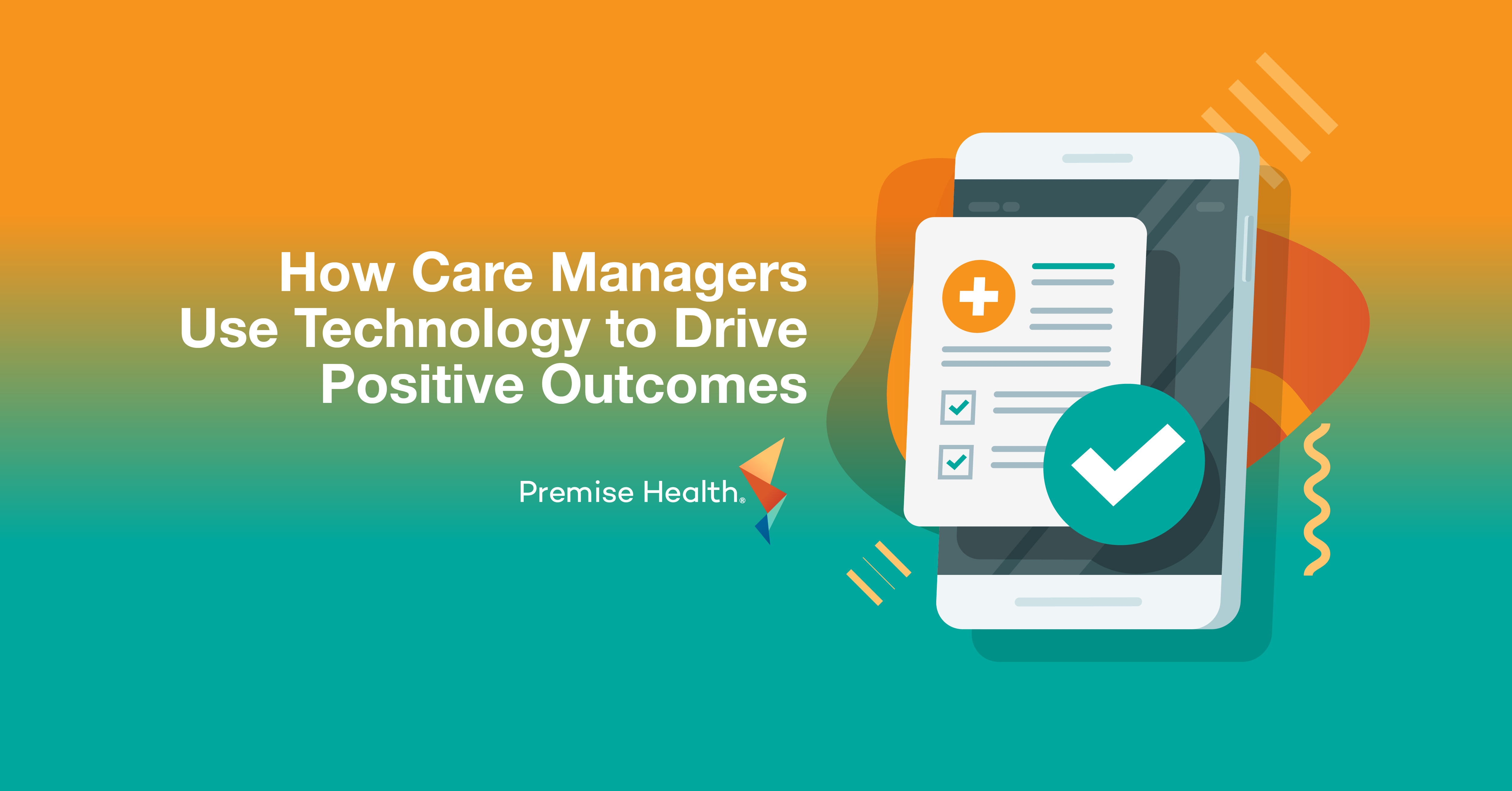What You Need to Know About Women’s Health in a Primary Care Setting
According to the Kaiser Family Foundation, while 93% of women have seen a healthcare provider in the past two years, only 73% had a general check-up or well-women’s visit. Staying on top of every preventive visit can be daunting, but what if taking care of a women’s health need was as easy as seeing your primary care provider (PCP) at work or in the neighborhood?
With October being breast cancer awareness month, it’s the perfect time to talk about what women’s healthcare should look like in a primary care setting, the unique challenges women can sometimes face, and how employers can support the health of women in the workplace.
What types of women’s healthcare can be delivered in a primary care setting?
You might be surprised to learn how many services can be delivered by a PCP without needing to see an OB-GYN. Women’s health in a primary care setting can include:
-
- Well woman exams
- Breast and cervical cancer screenings
- Contraception counseling and prescribing
- LGBTQ+ care
- Pregnancy testing and preconception care
- Sexually transmitted disease testing and counseling
- Menopausal symptom screening and management
- Counseling for interpersonal violence and safety risks
What are the benefits of getting women’s healthcare from a primary care provider?
Seeing a familiar PCP you already have an established relationship with might feel more comfortable for some women. There is also the added convenience of having an annual physical and well women’s visit at the same office, eliminating the need to take time off work and drive across town to see a specialist.
What happens when advanced women’s healthcare is needed?
When specialized care is needed, the PCP should continue close involvement by quarterbacking referrals to a high-value specialist or OB-GYN. Using a care team approach, the PCP will continue to provide ongoing care and counseling utilizing their historical knowledge of a patient’s health, while ensuring referrals are scheduled and completed and no medical needs are missed.
Partnership between primary care and an advanced women’s healthcare provider can offer expanded services including prenatal and postpartum care, family planning and family building, and complex gynecologic conditions.
Unique factors that impact women’s health
Primary health care for women should be holistic and factor in the unique challenges and issues that women face with their health.
Women as caregivers
In many households, in addition to work outside of the home, women shoulder the main caregiver role – whether that’s for children, aging parents, or both. This important role comes with its own set of challenges and stressors, which means women’s healthcare needs to include a focus on mental health conditions and stress reduction.
Because of this additional work, healthcare needs to be accessible and fit into a busy caregiver’s schedule. Getting care for women’s health needs through a primary care setting means that appointments are convenient, and women can optimize their schedules while still giving their health the attention it deserves.
Racial and ethnic disparities
Health disparities due to race or ethnicity continue to persist for women of color. According to the Kaiser Family Foundation, women of color are more likely to report they have no personal health doctor or healthcare provider.
Providers must take into account the unique social determinants of women’s health and work to remove barriers to accessing care that exist. Women of racial and ethnic backgrounds should have access to providers they’re comfortable being treated by to ensure they get regular, preventive care and don’t avoid seeing a healthcare provider.
Provider trust
Women are more likely than men to report that a provider dismissed their concerns, with that number increasing for women who are younger, covered by Medicaid, or in poorer health. Providers, especially PCPs, that can spend more time listening to patients are crucially important to women’s healthcare. Additionally, taking a whole-person approach to health concerns can ensure all aspects of their health are treated and nothing is left out.
Here at Premise Health, women’s health can be offered in conjunction with primary care through our onsite or nearsite wellness centers as well as screening services offered virtually through the Digital Wellness Center. We know the women in your workforce need convenient care. Our ability to deliver care both virtually and in-person allows us to meet everyone where they are.
Taking a whole-person approach, our providers address those extra circumstances that can affect women’s health. Culturally competent care combined with insights into social determinants of health allow our providers to cater to each woman’s unique needs, challenges, and circumstances.
Contact us today to learn more about delivering comprehensive primary care that includes women’s health.
Next on industry insights.

Provider Dispensing and its Role in a Better Care Experience
Read the Blog
Clinical Quality at Premise: A Q&A With Meghan McManama, DNP
Read the Blog